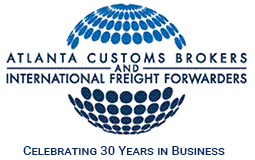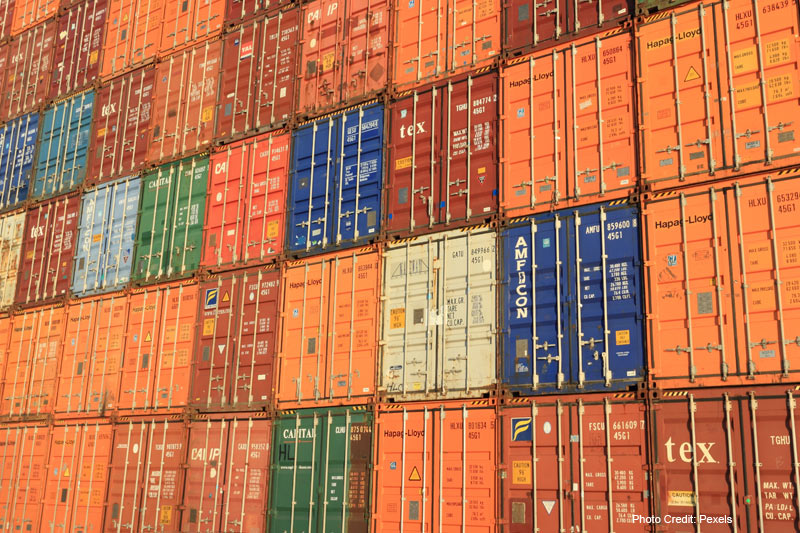Will the Suez canal ship accident have long-term repercussions
With the news that the Suez canal was blocked, the international shipping world began to notify customers of potential delays in the receipt of various goods. Your international freight forwarder might have contacted your business, letting you know to expect delays. After the ship’s removal, the backup from that week still had to make their way through the canal.
As more ships continue to join the line, the question on the minds of business owners worldwide was, ‘What are the long-term repercussions for international shipping?
What Happened in the Suez Canal?
A six-day blockade of the Suez Canal ended on March 29, after salvage teams used a combination of tug boats and dredging to get the mega-ship Ever Given back into service. This ship is part of the largest 1% of the global fleet. As demand increased for boats to carry more containers, the shipping industry responded with bigger and bigger ships. The number of 20-foot containers on board a vessel increased by roughly 1,500% during the last 50 years. Some ships can carry between 18,000 to 24,000 containers in just one trip.
There is a level of efficiency that comes with these large ships because of the economy of scale. Plus, these giant ships can also reduce transportation costs and the environmental footprint because you are using one ship instead of two or more to move the same amount of goods. While this accident might be seen as a rare accident, it still caused massive global trade issues.
What Are the Repercussions?
There were 321 ships unable to move, causing heavy losses for European companies because their imports from East Asia were delayed. Consumers also dealt with disruptions, with certain goods limited in availability. Industrial sectors were also waiting on materials, and that slowed manufacturing.
The biggest concerns are how the accident will impact Europe. Until all the backlog of ships gets through, there will be logistical issues, shortages of containers, and a slight increase in sea freight prices. Roughly 15% of the world’s global freight has to pass through the Suez Canal, including oil tankers, which increased freight rates for oil products.
Ships that knew about the blockage diverted to avoid the canal, increasing their fuel costs and the voyage’s length. In the short-term, it appears various sectors will see shortages of available goods and materials for weeks, but the long-term consequences are yet to be seen.
The Future of Shipping
As the COVID-19 pandemic and the Suez Canal accident have illustrated, our world’s global supply chain is interconnected to the point that one incident can have a significant impact. With that in mind, companies should invest in data and technology that will allow them to be more agile, able to pivot during unexpected events.
Since COVID-19 had already impacted parts of the global supply chain, this latest incident will likely increase the shortage of various goods for a period of time. As the pandemic tapers off and the backlog of ships is reduced, the global supply chain will recover. Your freight forwarder is available to help you determine the best option for importing or exporting your goods, as well as how to handle any delays you might be experiencing.
With decades of experience, our team can assist you in these challenging times by working with you throughout the shipping process. Contact us today to learn more about the options available.
Atlanta Customs Brokers is one of the oldest and most trusted customs brokerage and shipping firms in Atlanta. Established in 1985, our company has been a fixture in and around the Atlanta airport and Savannah port for more than 31 years. We enjoy working with our international partners and enjoy what we do. If you are a first-time importer or exporter or a large corporation, we can handle your needs.

